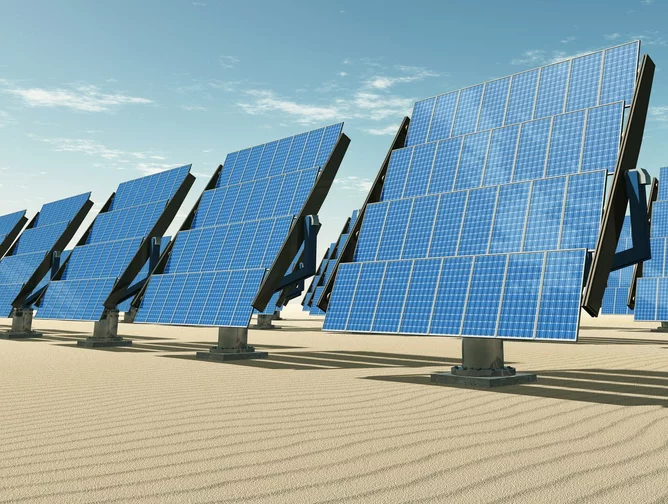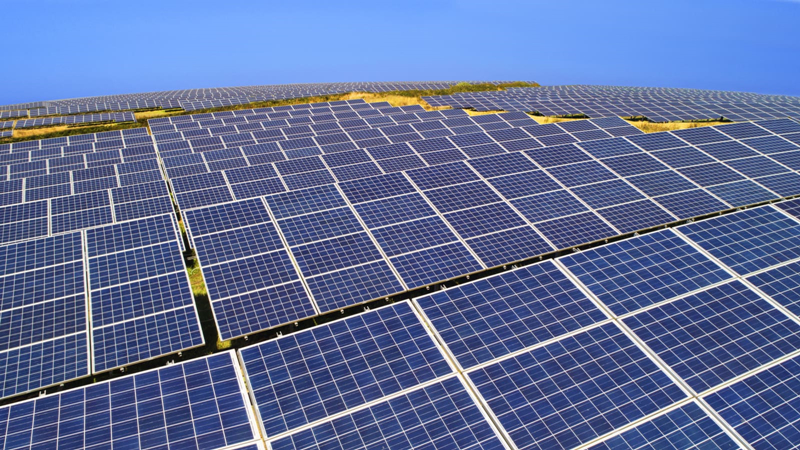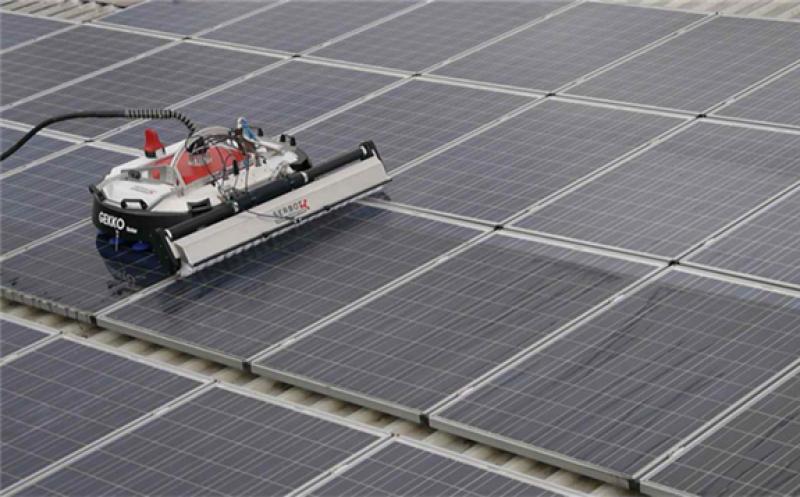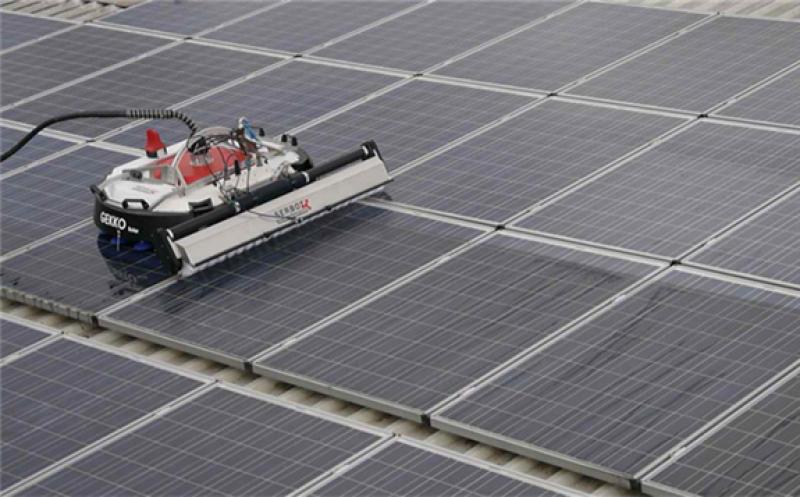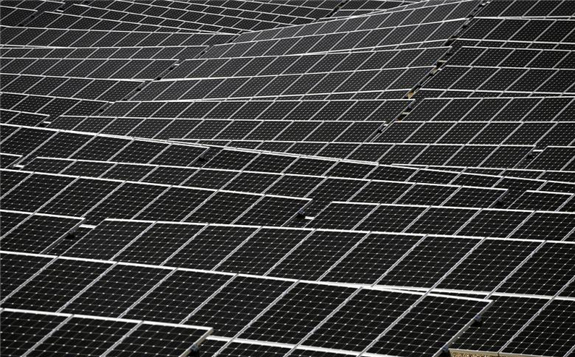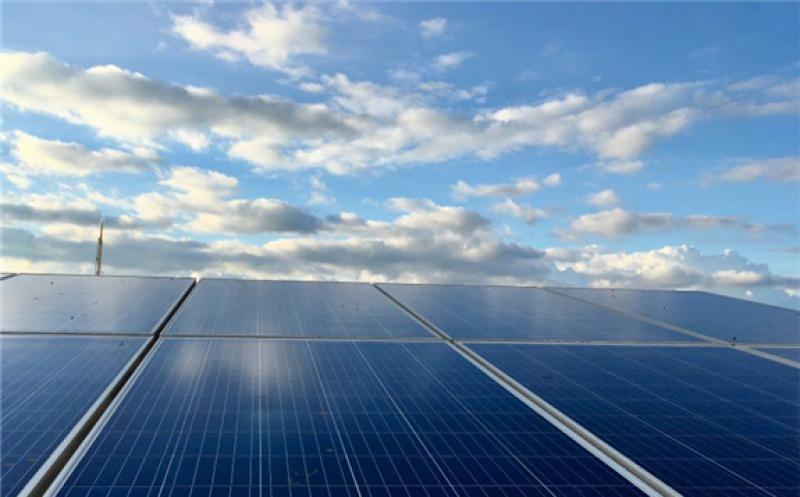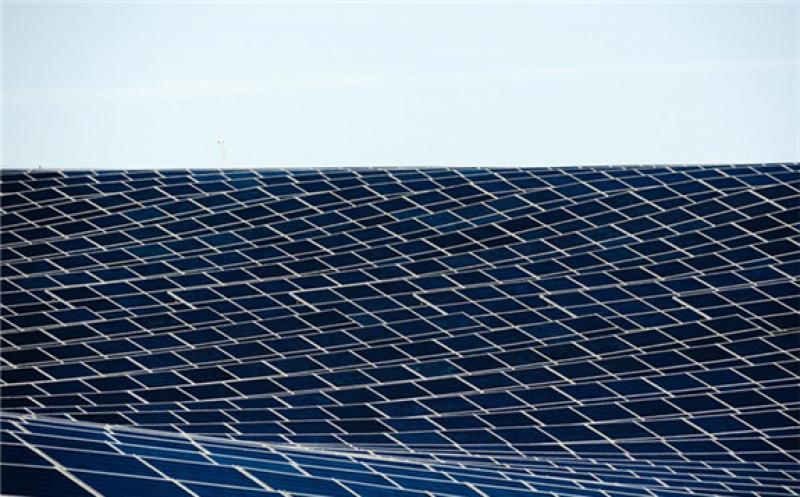The country, the biggest electricity market in the EU, is abandoning nuclear power by 2022 due to safety concerns compounded by the Fukushima disaster and phasing out coal plants over the next 19 years to combat climate change.
In the next three years, alone, conventional energy capacity is expected to fall by a fifth, leaving it short of the country’s peak power demand. There is disagreement over whether there will be sufficient reliable capacity to preclude the possibility of outages, which could hammer the operations of industrial companies.
The government in a report issued this month, said the situation was secure, and shortfalls could be offset by better energy efficiency, a steadily rising supply of solar and wind power as well as electricity imports.
Others are not as confident, including many utilities, network operators, manufacturing companies and analysts.
Katharina Reiche, chief executive of the VKU association of local utilities, many of which face falling profitability as plants close, said the government’s strategy was risky because it had not stress-tested all scenarios. She characterised the plan as “walking a tightrope without a safety net”.
Utilities and grid firms say if the weather is unfavourable for lengthy periods, green power supply can be negligible, while storage is still largely non-existent. Capacity aside, the network to transport renewable power from north to south is also years and thousands of kilometres behind schedule, they add.
Stefan Kapferer, head of Germany’s energy industry group BDEW, said it would be risky to rely on imports.
“Conventional power capacity is falling nearly everywhere in Europe and more volatile capacity is being built up,” he said.
The government rejected such concerns, saying the likelihood of plant crashes or identical weather conditions across Europe was remote.
Regardless of reliability, however, Germany becoming a net power importer would have major consequences for the whole continent, whose power markets are interlinked under EU single market rules and are dominated by exports from Germany.
The shift comes at a time when nuclear plants in France, another major exporter to the rest of Europe, are ageing fast meaning it is also more likely to rely on imports.
